Hot water systems play a crucial role in our daily lives, working tirelessly to ensure a steady supply of hot water whenever you need it. However, just like any other household appliances, these systems will eventually reach the end of their operational lifespan. Recognizing the early warning signs that suggest your hot water system is due for replacement can spare you from uncomfortable situations like cold showers, potential water damage, and expensive emergency repairs. These issues can disrupt your daily routine and overall comfort in your home.
What lifespan can you expect from your hot water system? The durability of these systems can vary widely depending on the specific type you own and the level of maintenance you provide. By regularly inspecting, servicing, and maintaining your hot water system, you can greatly prolong its lifespan while ensuring consistent performance. This proactive approach not only enhances your experience but also significantly boosts your satisfaction with the system.
Let’s delve deeper into the specifics to gain a comprehensive understanding of what to anticipate regarding your hot water system.
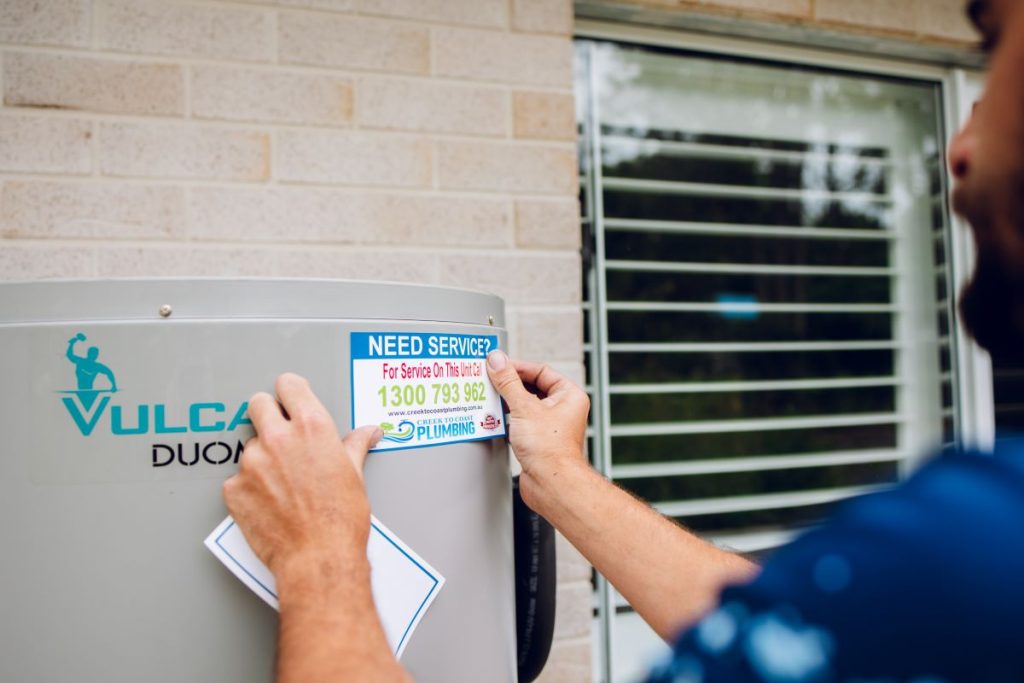
Gain Insights into the Lifespan and Maintenance of Different Hot Water Systems
Here’s what you can generally expect regarding the lifespan and operational efficiency of the most prevalent hot water systems commonly found in Queensland homes:
Electric Storage Hot Water Systems
- Lifespan: 8–12 years
- Reasons for Failure: Typical problems include internal corrosion, worn-out anode rods, and sediment accumulation that can hamper both performance and energy efficiency.
- Signs to Monitor: Stay vigilant for indications such as rusty or discolored water, leaks forming near the unit's base, or slower-than-usual heating times. These symptoms may indicate serious underlying issues that require prompt attention.
Gas Storage Hot Water Systems – Essential Insights
- Lifespan: 8–12 years
- Reasons for Failure: Similar issues to electric models can arise; however, these systems may be prone to earlier failure, especially in coastal areas where salty air accelerates their deterioration.
- Signs to Monitor: Keep an eye out for pilot light malfunctions, unexpectedly low water temperatures, or unusually high gas bills, as these can signal inefficiencies and impending failures.
Instant Gas Hot Water Systems (Continuous Flow) – An Overview
- Lifespan: 10–15 years
- Reasons for Longevity: These systems operate without a storage tank, which significantly minimizes the risk of corrosion that often leads to failures over time, making them a dependable choice.
- Signs to Monitor: Be alert for inconsistent water temperatures, ignition issues, or a noticeable drop in water flow rate, which may indicate a need for professional servicing.
Electric Instant Hot Water Systems
- Lifespan: 10–15 years
- Common Issues: Failures often stem from malfunctioning heating elements or thermostats, which can seriously compromise performance and overall efficiency.
- Warning Signs: Be vigilant if your water temperature fluctuates between hot and cold or if heating takes longer than usual, as these can indicate underlying problems that need addressing.
Heat Pump Hot Water Systems
- Lifespan: 10–15 years
- Efficiency: These systems are known for their high energy efficiency; however, they can be sensitive to the climate and installation location, which can impact performance and overall effectiveness.
- Signs of Trouble: Indicators that issues may be developing include louder-than-normal operation, extended heating cycles, or rising energy bills, all of which suggest a need for inspection and possible servicing.
Solar Hot Water Systems – Key Features and Insights
- Lifespan: 15–20+ years for solar panels, 8–12 years for the storage tank
- Note: Generally, the storage tanks tend to wear out before the solar collectors, which can negatively impact the overall system's performance and efficiency.
- Signs to Monitor: Pay attention if the water fails to heat effectively on cloudy days or if you observe rusty water or issues with booster operations, as these may indicate a need for maintenance.

Recognize the Warning Signs of an Underperforming Hot Water System
Even before your hot water system reaches its anticipated lifespan, it may start to display warning signs indicating it is under stress and may be approaching failure. These concerning signs include:
- Fluctuating Temperatures
If your water takes longer to heat up or depletes more quickly than before, it may be time to investigate for potential issues that could affect your hot water supply. - Rusty or Discolored Water
This often indicates corrosion within the tank or a failing anode rod, both of which require immediate attention to prevent further damage and ensure safe operation. - Unusual Noises
Popping, gurgling, or banging sounds during the heating cycle frequently signify sediment buildup inside the tank, which can decrease efficiency and lead to costly repairs if left unaddressed. - Leaks or Pooling Water
Even a minor drip can indicate that your tank may be cracking or that valves are beginning to fail, necessitating immediate inspection and potential replacement. - Higher Energy Bills
An ageing unit often struggles to produce the same amount of hot water as before, causing it to work harder and resulting in increased energy costs that can strain your household budget.
Understanding How Seasonal Changes Impact Hot Water System Efficiency
In Queensland, the transition from warm to cooler months can present significant challenges for older hot water systems. As outdoor temperatures drop, these systems must work harder to maintain the desired water temperature, and those that are nearing the end of their lifespan may experience complete failure during this crucial period, leading to significant inconvenience and discomfort.
Key Indicators for Considering Hot Water System Replacement
If your system shows any of the following characteristics, it may be time to seriously contemplate a replacement:
- Over 10 years old
- Frequently experiencing breakdowns that disrupt your daily routine
- Failing to meet your household’s hot water demands consistently
- Exhibiting visible signs of wear or corrosion that necessitate attention
If you recognize these indicators, it could be the right moment for an upgrade that ensures reliability and efficiency.
At Creek to Coast Plumbing, we don’t just replace your unit; we also assess various factors such as your family size, water usage habits, energy preferences, and the layout of your property. This comprehensive evaluation allows us to recommend the most efficient and cost-effective hot water system tailored specifically to your individual needs.
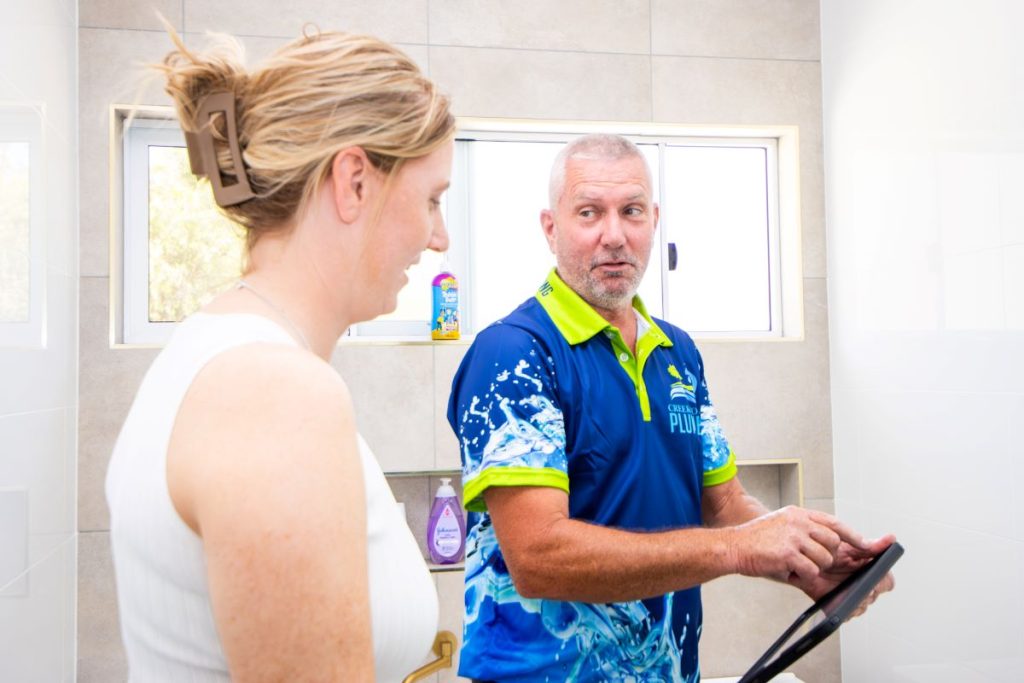
Expert Guidance on Choosing the Perfect Hot Water System for Your Home
Based on your unique needs and household requirements, our expert team may recommend:
- Electric or Gas Storage systems for their reliability and cost-effectiveness, making them suitable options for traditional homes.
- Continuous Flow (Instant) systems ideal for smaller homes or households with lower hot water consumption, offering convenience without excessive energy usage.
- Heat Pumps that provide substantial energy savings, particularly beneficial in warmer climates and for environmentally conscious consumers.
- Solar Hot Water systems designed for long-term cost savings and environmental sustainability, promoting a greener lifestyle through renewable energy sources.
Additionally, we evaluate whether the current location of your hot water system is optimal or if relocating it could enhance performance and overall efficiency, ensuring that you make the best decision for your home.
Seize the Opportunity for a Timely Hot Water System Upgrade
Replacing your hot water system at the right time is not merely about preventing failure; it also offers a chance to upgrade to a more reliable, energy-efficient model that aligns better with your lifestyle and needs, ultimately resulting in long-term savings.
If your unit is displaying signs of ageing or if you are uncertain about which system is optimal for your home, the licensed plumbers at Creek to Coast Plumbing are ready to assist you with expert advice tailored to your specific situation, helping you make an informed decision.
The Article: Hot Water System Lifespan: A Guide for Queensland Homes first appeared on https://writebuff.com
The Article Hot Water System Lifespan Guide for Queensland Homes Was Found On https://limitsofstrategy.com
The Article Hot Water System Lifespan for Queensland Homes Explained First Appeared ON
: https://ad4sc.com

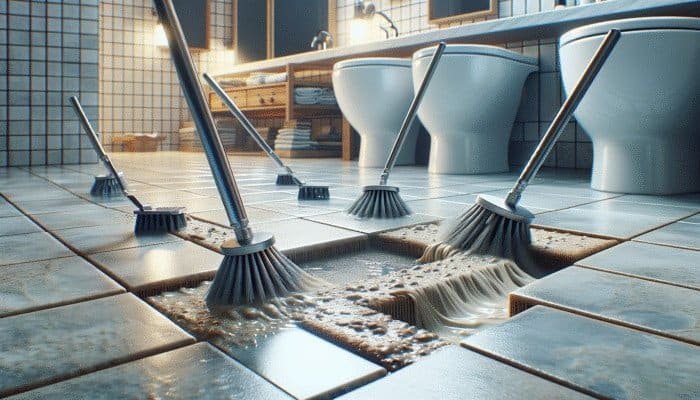
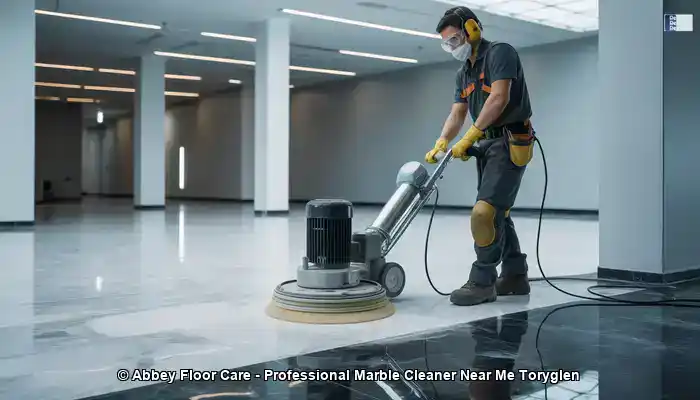
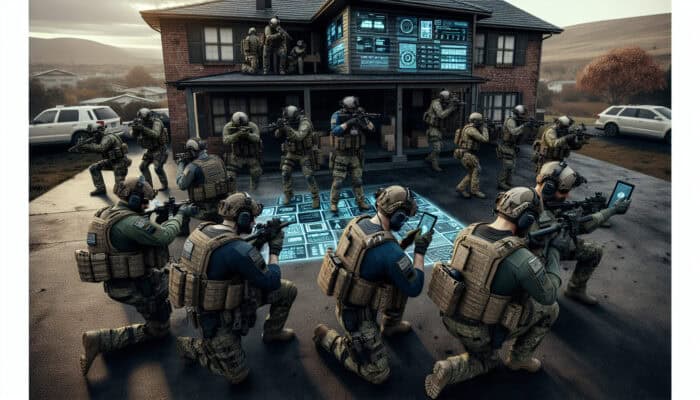
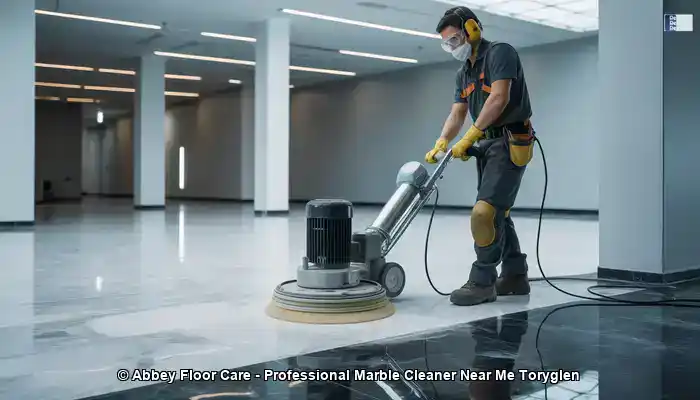
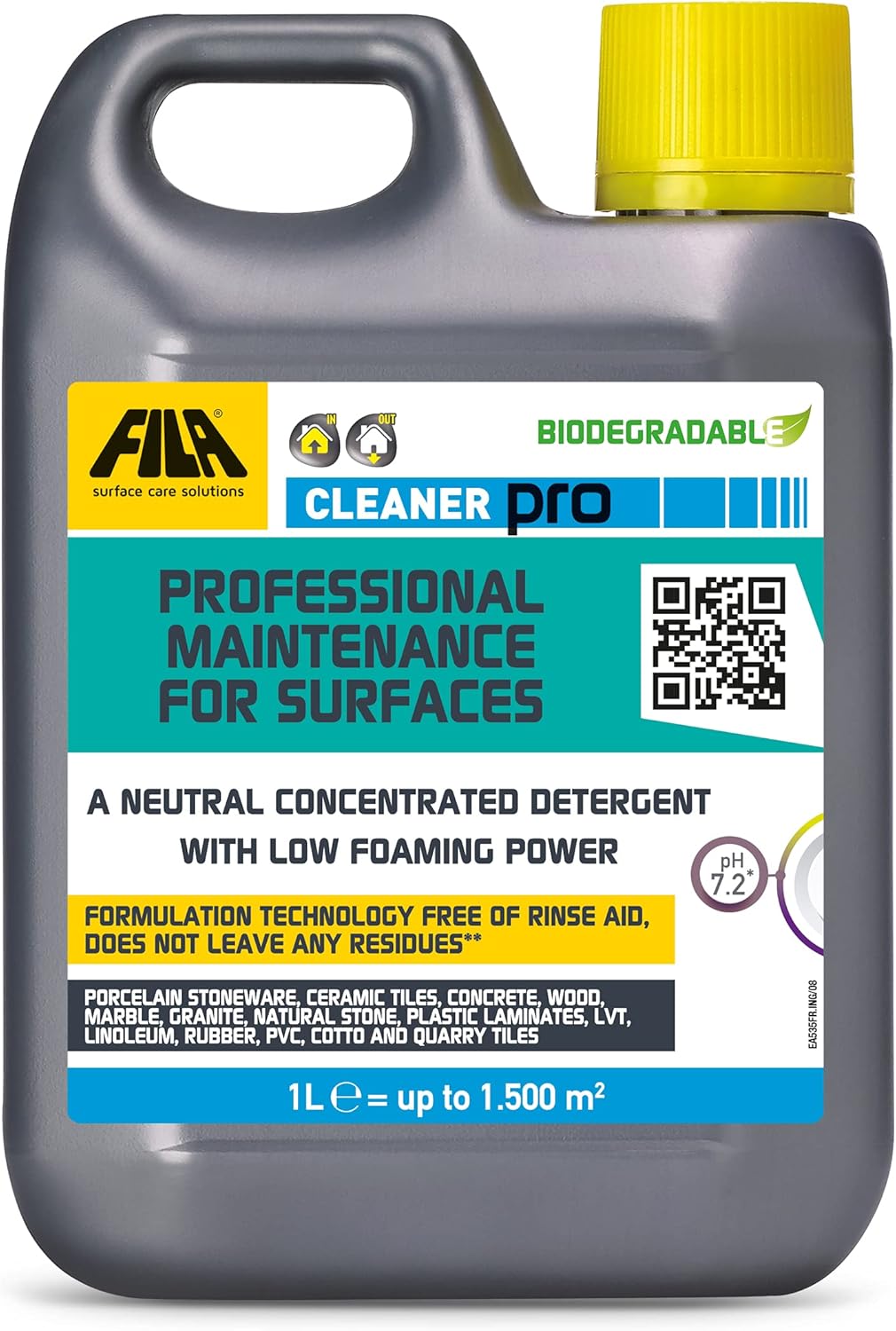

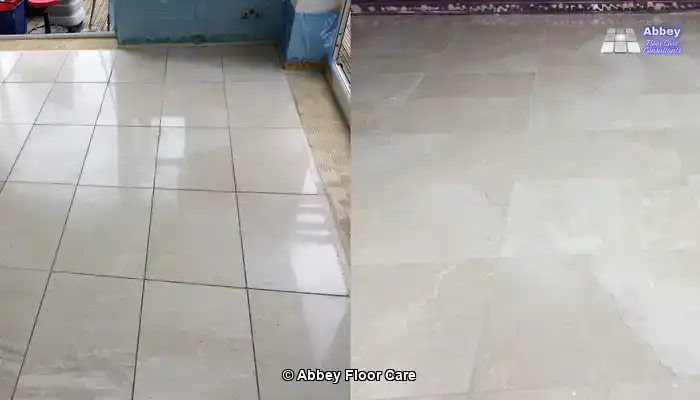

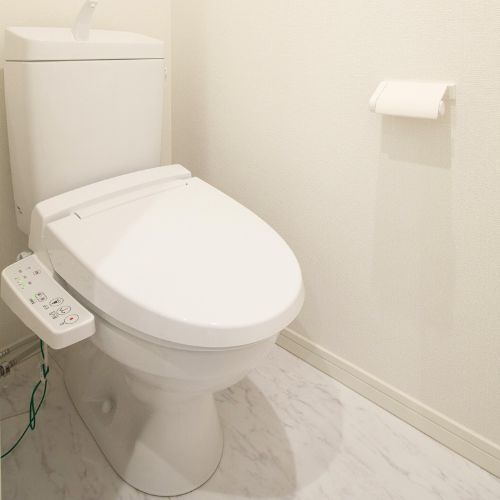



Leave a Reply